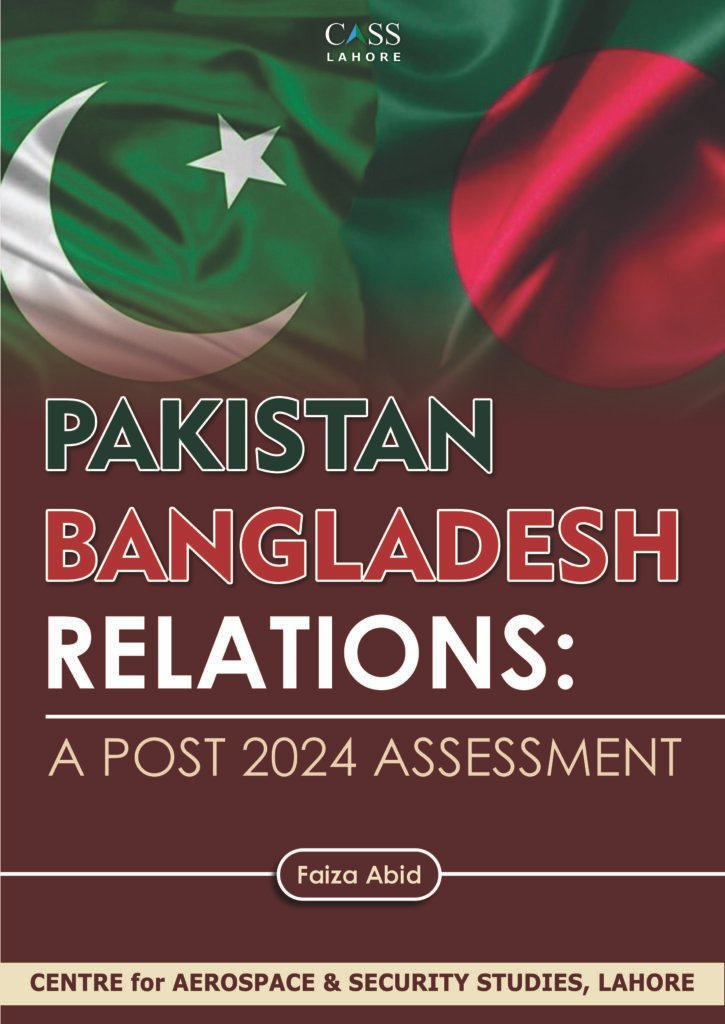PAKISTAN-BANGLADESH RELATIONS: A POST 2024 ASSESSMENT

ABSTRACT
The Pakistan-Bangladesh bilateral relationship has long been overshadowed by historical legacies, particularly the events of 1971, shaping mutual perceptions and foreign policy orientations. However, the political transformation in Bangladesh following the ousting of Sheikh Hasina in 2024 has opened new avenues for recalibrating ties. This paper assesses the evolving dynamics of Pakistan-Bangladesh relations in the post-2024 era, with a focus on economic, political, and security cooperation. It examines Dhaka’s shifting foreign policy under an interim government led by Nobel Laureate Muhammad Yunus and the strategic opportunities this presents for Islamabad. By analysing historical tensions, structural impediments, and emerging geopolitical trends—including India’s response to growing Pakistan-Bangladesh engagement—this study provides a comprehensive evaluation of prospects for bilateral collaboration. Employing a qualitative research methodology, including document analysis, case studies, and expert interviews, the paper underscores the necessity of institutionalising economic partnerships, minilateral diplomatic frameworks, and strategic security coordination. While acknowledging persistent challenges such as unresolved historical grievances and nationalist pressures, the paper argues that a pragmatic, multidimensional engagement strategy can help both nations move beyond cyclic political crises and foster long-term stability in South Asia.

Published in Strategic Studies Vol 45, No 2 (2025)
CASS LAhore

The Centre for Aerospace & Security Studies (CASS) was established in July 2021 to inform policymakers and the public about issues related to aerospace and security from an independent, non-partisan and future-centric analytical lens.
CASS Newsletter
- Home
- About Us
- Research Domains
- Publications
- Events
- Gallery
- Contact Us
@2021 - All Right Reserved. Designed and Developed by PenciDesign




